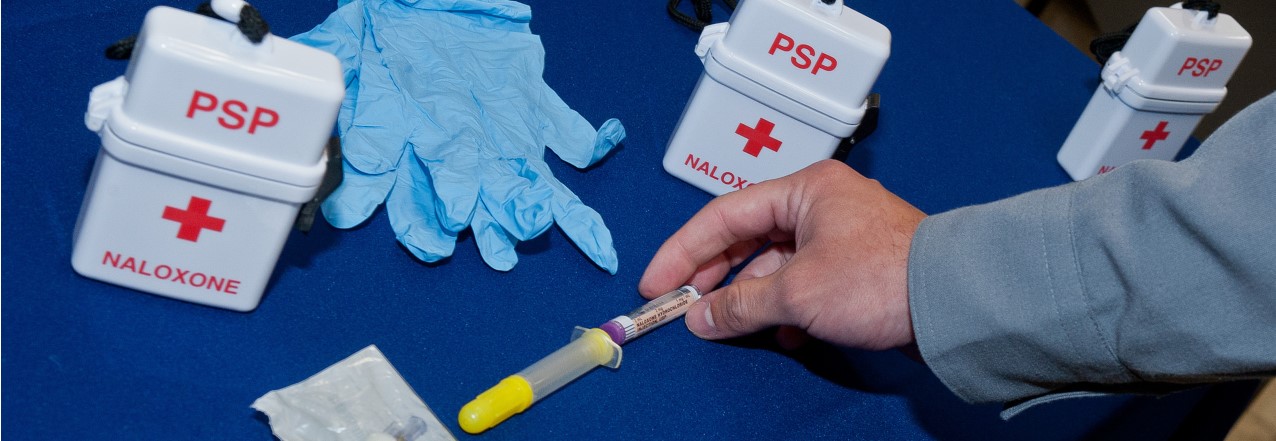Cloudburst’s Public Health team has been engaged in a range of partnerships with both the Department of Health and Human Services (HHS) and the Centers for Disease Control and Prevention (CDC), assisting them with training and technical assistance; data collection; and monitoring and evaluation. Cloudburst’s recent work with the two agencies has helped streamline processes and expand the knowledge base to advance their missions of saving lives and protecting the American people.
- Substance Abuse and Mental Health Services Administration’s (SAMHSA) Performance Accountability Reporting System (SPARS)
- Cloudburst is moving into the second option year building capacity of SAMHSA grantees and project officers to meet their Government Performance and Results Act (GPRA) requirements. Through provision of training and technical support, we have helped to increase the quality, timeliness, and validity of grantee performance reporting, ultimately providing SAMHSA with more timely and accurate management-level analytics. The focus on increasing data quality and reporting reliability will ensure that grantees are providing appropriate and effective behavioral health services to their communities.
- Evaluation of Partnerships Impacting STD Outcomes in Areas of Service Reduction Field Survey
- Cloudburst is working with CDC’s Division of STD (Sexually Transmitted Disease) Prevention (DSTDP) to evaluate clinical strategic partnerships between county/city STD Programs with significant STD morbidity (high number of cases and disease incidence rates) and their key clinical partners. Cloudburst developed a survey, in-depth assessments, and site visit protocols to gather and analyze data from STD state and local grantees. The survey, called “Assessment of Partnerships Impacting Sexually Transmitted Diseases Outcomes in Areas of Service Reduction” is currently out in the field. Information from this project will contribute to a better understanding of the current state of publicly funded STD programs, services, partnerships, and the effects of budget cuts on the reduction of services under different partnership arrangements. Additionally, the information collected via the survey will be used to determine the role effective partnerships have on specific STD prevention and control activities.
- Evaluation of the SAMHSA Naloxone Education and Distribution Program
- CDC has been tasked with evaluating the SAMHSA administered Prescription Drug Overdose (PDO)/naloxone grant. To assist CDC in these efforts, Cloudburst, in partnership with Battelle, is conducting a qualitative evaluation study of the 12 funded grantees. The objectives of this evaluation are to describe and understand the scope and impact of the program on overdose fatalities, increase understanding of how program effectiveness may vary among different sub-populations and settings, and increase understanding of the barriers and facilitators to program implementation
- This project includes evaluation capacity building support for grantees delivered via remote support and through “Office Hours” where grantee-chosen issues are discussed with lessons learned and success stories shared between peers. Cloudburst also headed an initial review of the grantees’ evaluation plans that specified evaluation questions, data sources intended for use with each evaluation question, and the planned analytical methods for each data source. Project evaluation experience varies among the grantees and Cloudburst has served as a TA resource for assistance in developing comprehensive evaluation plans to ensure both successful local evaluations and effective participation in the national cross-site study.
Written by Tripp Pearce, Senior Training Specialist and Technical Assistance Coordinator. Mr. Pearce works as a trainer in our Public Health practice area and coordinates with SAMHSAs Performance Accountability and Reporting System (SPARS) project. His primary role is to support federal grantees by providing them with exemplary technical service and training on the collection, management, and utilization of their public health data.


Your Comment
Leave a Reply Now